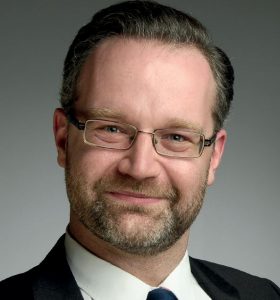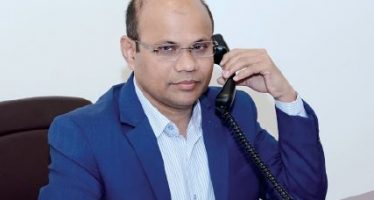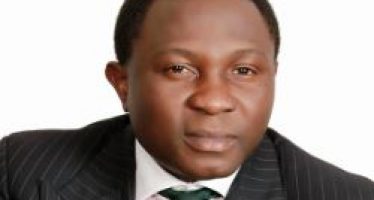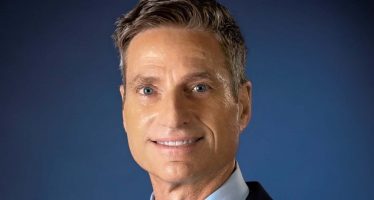Jakob von Ganske, Ph.D.: Taking Strategic Steps — and Keeping a Close Eye on Risks

Head of Investment Consulting & Risk-Management: Jakob von Ganske, Ph.D.
Jakob is Head of Investment Consulting and Risk Management, and a member of the Extended Management Board at Deutsche Oppenheim Family Office AG.
He has been working in the area of Strategic Asset Allocation and Risk Management as well as Manager Selection and Umbrella Funds Management for more than ten years and heads a team of four Quants with statistical and economic backgrounds. He has extensive experience in consulting institutional clients and foundations as well as high net worth individuals at Deutsche Oppenheim Family Office with, by now, several hundred individual consulting projects of varying complexity and wealth concerned. Jakob holds a PhD. in Finance from EDHEC Risk Institute, where he conducted research in the field of regime switching and big data algorithms.
“My life’s passion is financial markets, I work in financial markets all day long and when I come home, I spend most of my free time reading about market structures, economic history or econometrics,” he says. As such, his work in strategic asset allocation and fund of fund management is largely based on quantitative techniques and rooted in academic research. “The biggest part of investing is about how to deal with uncertainty. Fortunately, there have been a lot of very smart people over the last five decades who have set up lots of best practice principles on how to deal with not knowing almost anything about the future.”
PassivePlus, as he calls his investment approach, combines academic best practice with a decade of practical expertise and it is all about risk and uncertainty management. Before any investments are made, every client has to undergo an extensive decision making process, during which his required return and his risk tolerance are contrasted in order to find the strategic asset allocation that fits his preferences the very best. This includes liquid assets like stocks and bonds as well as illiquid assets such as real estate, private equity or venture capital, the empirical stylized facts of which are modelled with the help of sophisticated statistical models. “This is the step where only the client decides, while our function is to support him by developing quantitative expressions of his investment targets, risk aversion and loss tolerance. Strategic asset allocation is by far the most important step in the investment process, because it will determine more than 90% of the long term performance and the losses incurred if markets fall into some kind of crisis.”
Once this strategic asset allocation step is performed, Jakob invests in the allocation derived using either ETFs and passive funds or active funds. Most of the asset classes are invested using passive investments because in many markets, from an academic perspective, there is no evidence whatsoever, that passive investments can be outperformed. The best example is the US stock market. “There are, however, some few markets where Alpha is possible and managers can be found that have generated persistent value added, such as in emerging or European stock markets. We put a lot of resources and effort in differentiating whether markets provide Alpha potential or not.” Once Jakob and his team have identified markets where positive expected Alpha is realistic, their focus becomes diversification of the risks incurred when investing actively – most of which can be brought down to manager investment styles. “There are many reasons why funds outperform, but only few are replicable. Diversification of managers is key, because it means that we don’t need to be right about all the funds we chose, only about some, which statistically makes a very big difference. Diversification of managers also reduces cluster risks, avoids implicit style bets, and produces an attractive risk-return-profile relative to the strategic benchmark.” At the end, the PassivePlus proposition is to produce a portfolio which is as well diversified as possible, taking into account economic and financial risks as well as manager and style risks, while at the same time producing a small but consistent Alpha. “I believe that one has to invest a giant amount of work and sophistication in order to extract only minimal Alpha – that might not sound easy and fun, but it is realistic.”
You may have an interest in also reading…
CFI.co Meets the Managing Director of Bangladesh Building Systems: Abu Noman Howlader
Engineer Abu Noman Howlader is a successful industrialist in Bangladesh who is the managing director of the Bangladesh Building Systems
CFI.co Meets Wilson Endy Opuwei
Wilson Endy Opuwei is an oil and gas entrepreneur with business interests in exploration and production, manufacturing, power and marine
Lockheed Martin President and CEO Jim Taiclet: Next-Generation Battlefield Integration
Notoriously slow in absorbing customer feedback and adjusting to market dynamics, the US defence industry is at long last becoming
















































































